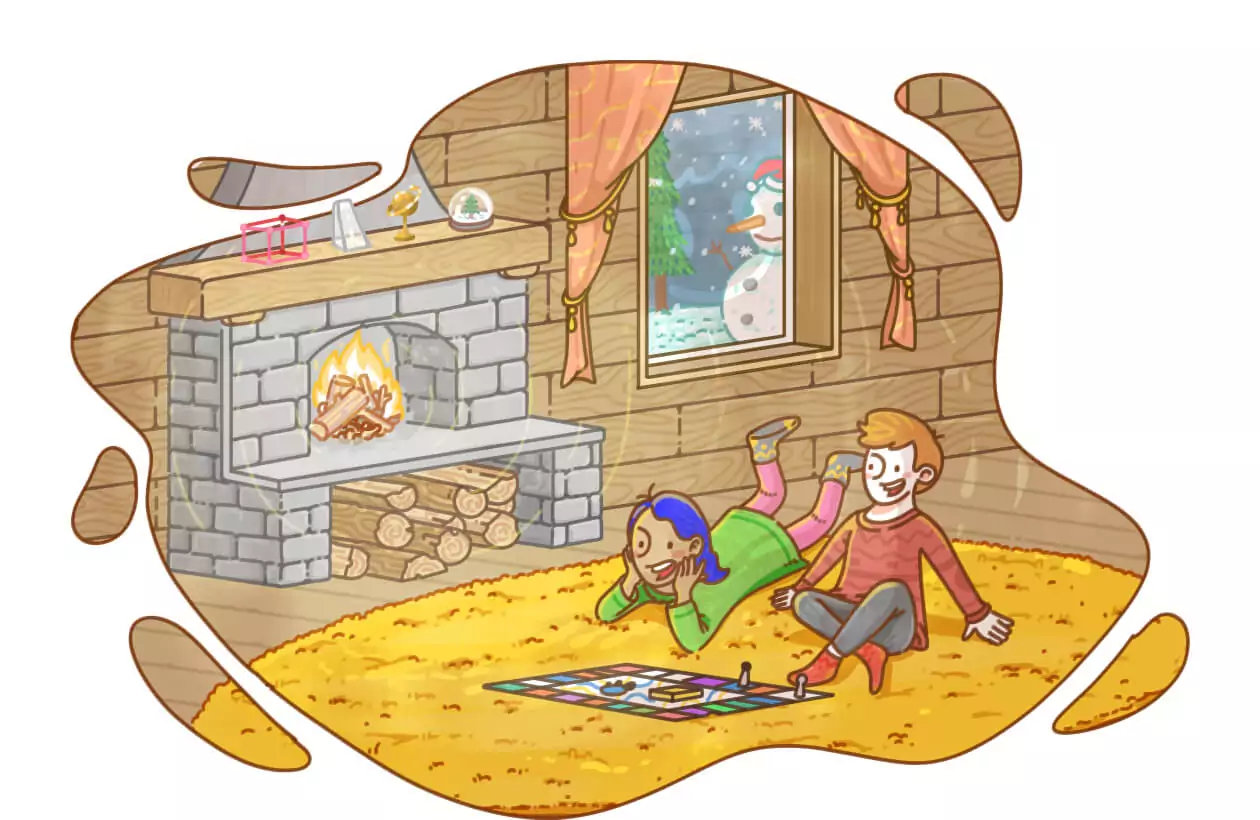See also: How I Knew My Child Had CPP Series #3: Mood Swings
In the same way that young children experience other physical, cognitive, and emotional milestones – riding a bike without training wheels; reading and sounding out words; learning how to make and keep friends – they also hit important sexual development milestones that shape how they form attachments to others and how they experience and identify with their own bodies. If fostered, self-exploration can lay the foundation for confidence and healthy intimacy down the line.
For kids with CPP, though, sexual development may prematurely go beyond curiosity about their own bodies. Like pubertal pre-teens and teenagers, some young children with CPP express an early interest in sex with their peers. There is even a danger that children with surging sex hormones might inappropriately touch or pressure their peers, or engage with older kids and find themselves in sexual situations they are by no means ready for.
If your kiddo is already communicating sexual urges, something hormonal could be going on. Consider taking these steps to handle the issue with care.
When I found out my first grade daughter was spending recess with fifth grade boys instead of her own classmates, I felt concerned for her safety — especially because she was already physically developing. I resisted the urge to shame her in any way because I didn’t want to hinder her sexuality or blame her if her hormones were the real issue. And it turns out, it was hormonal. I followed up with her pediatrician and she has CPP.
See your pediatrician right away
Your child’s pediatrician can check for other signs of central precocious puberty like growth acceleration, pubic hair, menstruation, and testes or breast bud development. They can also refer you to a pediatric endocrinologist if they suspect CPP. If or when your child is prescribed CPP treatment, premature sexual behavior should become more manageable or disappear altogether.
Understand what’s happening in your child’s body
A sudden rise in estrogen or testosterone may spark feelings of desire and attraction that your child doesn’t yet understand. In parallel, these sex hormones may also cause your child to physically develop prematurely, which could create further confusion in regards to their body, social behavior, and identity.
Talk to your child with sensitivity
If CPP is at the root of your child’s premature sexual comments or behaviors, know that their bodies are experiencing big changes and avoid shaming or blaming them. They can’t control their hormones, and the best you can do is speak honestly with them about their own safety. Remind them that even though they may be experiencing adult feelings, they are not adults. Encourage them to explore their own bodies in private, but let them know they have no right to anyone else’s body — and no one else has the right to their body.
If your child does have CPP, their symptoms are fully treatable. If and when your child starts treatment, premature sexual behaviors should dissipate soon. With the help of a pediatric endocrinologist, you can keep childhood safe and simple.
See also: How I Knew My Child Had CPP Series #5: Growth Spurt
TPI.2021.2797.v1 (v1.2)




